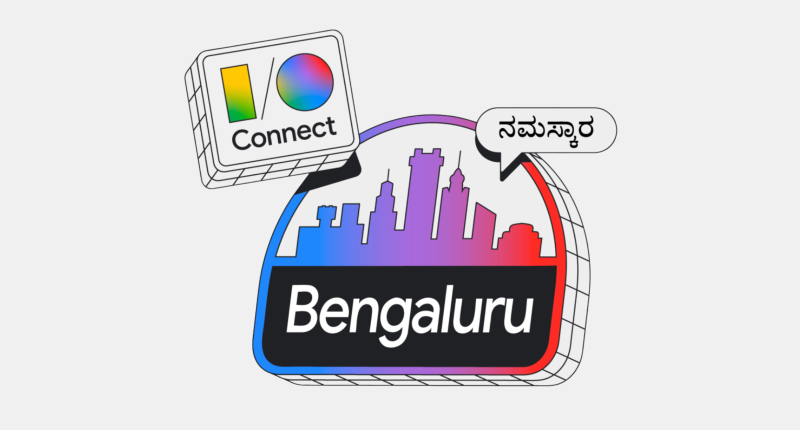Google’s developer conference, I/O Connect, recently concluded its Bengaluru leg. In this vein, the tech giant introduced a host of updates and initiatives aimed at developers during its recent I/O Connect event.
A new announcement at the event was the integration between Project IDX and Android Studio. Project IDX is an online integrated development environment (IDE) based on Visual Studio Code. This integration allows developers to leverage Android Studio directly within their web browser on any device, thus eliminating a major barrier to entry for aspiring Android app developers. Now, with Project IDX and web-based Android Studio, developers can fire up a development workspace entirely within their web browser. In addition to this, the tech behemoth is also advancing its Flutter software development kit (SDK) with AI-generated UI capabilities, a feature set to enhance user interface (UI) personalization.
Google has also introduced Firebase AI Monitoring, a dashboard tailored for monitoring generative AI models in real-time. This dashboard provides developers with valuable real-time insights into the performance and behavior of their large language models (LLMs) within production environments. Monitoring LLMs is crucial, as these models power features like chatbots, language translation services, and other AI-driven functionalities. The AI Monitoring dashboard generates alerts, allowing developers to identify potential inconsistencies, inaccuracies, and areas where their LLMs might need improvement.
Maintaining open-source projects can be a daunting task. Often, these projects attract a large number of contributors, generating a high volume of updates and code changes. Keeping track of these updates and managing the overall project workflow can be a significant burden for maintainers. Google addressed this challenge with the introduction of Project Oscar, which is being open-sourced now. Project Oscar – originally known as the Open Super-large Crawled Aggregated coRpus (OSCAR) – serves as a reference for an AI agent that can assist project maintainers with various tasks. Initially targeted at the Go programming language, which boasts a large and active community, Project Oscar can be adapted to support other open-source projects.
The AI agent within Project Oscar acts as a virtual assistant, keeping track of updates, bug reports, and contributor interactions. It can automate routine tasks like classifying and filtering incoming issues, reducing the workload on human maintainers. Additionally, the agent can interact with contributors through natural language processing, clarifying issues and providing support. “At Google, we lead many open source projects, and maintaining them all can be a lot of work! So we created Project Oscar, a reference for an AI Agent that helps with open source project maintenance, starting with Go, a project with over 93,000 commits and 2,000 contributors, but you can imagine supporting all kinds of different projects,” Google noted in its blog post on the matter.
Furthermore, Google DeepMind India, a research arm focused on AI, unveiled the expansion of Project Vaani, which tackles the challenge of capturing the vast diversity of spoken languages within India. The sheer number of languages and dialects spoken across India poses a challenge for developers working with AI-powered language models. Project Vaani aims to bridge this gap by creating resources specifically tailored to Indic languages.
A key outcome of Project Vaani is the creation of IndicGenBench, a benchmark designed for developers to evaluate the capabilities of large language models trained on Indic languages. This provides a standardized testing environment, allowing developers to assess how effectively their LLMs understand and process the complexities of these languages. Additionally, Project Vaani open-sourced the Composition of Language Models (CALM) framework.
The Tech Portal is published by Blue Box Media Private Limited. Our investors have no influence over our reporting. Read our full Ownership and Funding Disclosure →






